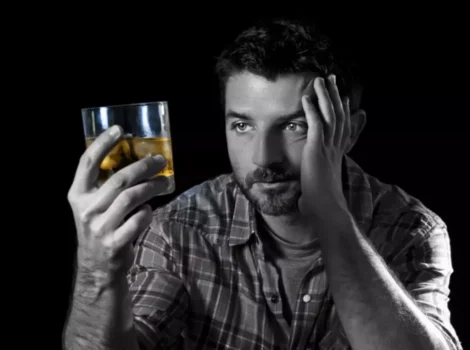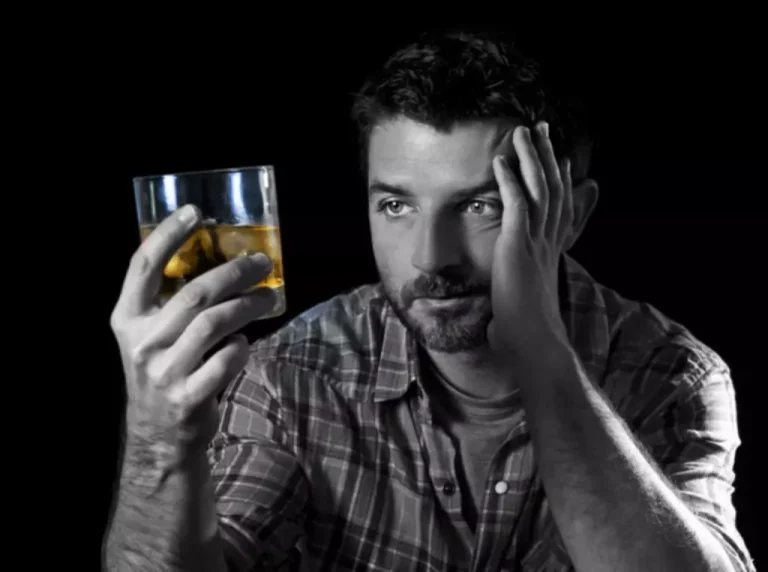How to Taper Off Alcohol Safely: A Step-by-Step Guide

If you start noticing these symptoms, contact a medical professional immediately. However, if you don’t taper properly, you may experience withdrawal symptoms, especially if you have severe alcoholism. Going “cold how to taper off alcohol turkey” means abruptly stopping drinking entirely, leading to uncomfortable withdrawal effects. The intensity of the withdrawal symptoms depends on the severity of the alcoholism. Quitting alcohol can be extremely hard, especially without medical support.

FAQs on How to Safely Taper Off Alcohol
- Internal triggers are thoughts, emotions, or physical sensations that cause a person to drink.
- Ask loved ones to look out for signs of alcohol relapse to help you stay on track with your recovery process.
- This record can help you stay accountable, make necessary adjustments, and communicate with your treatment team.
- These strategies work in different ways to help you quit drinking, and one may be more appropriate for you based on your needs.
- Tapering, or weaning off, is an approach to detoxing from alcohol or other drugs that involves gradually reducing one’s consumption over a given length of time.
However, alcohol’s depressant effects are also responsible for many of the dangers of alcohol consumption, such as blackouts and alcohol overdose. If you are tapering off of alcohol, the time it takes depends entirely on how long the taper is and how well you adhere to it. One of the reasons that medical professionals tend to avoid tapers is that they can be difficult to follow and may be more likely to be unsuccessful than faster options. When planning a taper schedule, begin by calculating your daily alcohol intake.
- BetterHelp offers affordable mental health care via phone, video, or live-chat.
- Prefer Topiramate or Gabapentin if patients are intolerant to or have not responded to Naltrexone and Acamprosate.
- Psychological alcohol withdrawal may continue long after the physical symptoms subside.
- Seeking professional guidance is advisable to ensure a safe and effective tapering process.
- The reason for this is that alcohol withdrawal symptoms can quickly snowball and worsen.
How to Taper off Alcohol

Programs such as inpatient or outpatient rehab, medical detox, individual or family therapy and support groups are available. Through these programs, our caring and dedicated staff can help you on your road to recovery. Licensed medical professionals and highly qualified addiction specialists at The Recovery Village Cherry Hill at Cooper can help guide you toward a life without alcohol. Long-term alcohol use can lead to alcohol use disorder (AUD) and physical dependence.
Avoid Triggers
- There are also a number of anti-craving medications to help you avoid drinking again, or even help with your tapering process.
- Establishing new habits and routines, and dealing with the underlying causes of your drinking habits, are essential to lasting recovery.
- A medical professional can help you determine if a fast or slow taper, or quitting altogether, is appropriate based on a thorough medical assessment and evaluation of your withdrawal risk.
- The best way to taper off alcohol is to find healthcare professionals who can assess one’s current intake.
- If you want to change your relationship with alcohol, it’s important to have an honest conversation with a doctor about your drinking habits before you start tapering off.
Depending on how much alcohol you drink to start with, the amount of time an alcohol weaning schedule takes may vary. For example, those who drink more heavily may need more time to taper than those who drink less alcohol. Further, if you start to develop alcohol withdrawal symptoms during the taper, your doctor may instruct you to pause or slow the taper as a result. These factors can make one person’s taper last longer than another person’s taper. When you’re reducing alcohol consumption, it’s important to focus on your physical health.
What Are the Benefits of 30 Days Without Alcohol?
Often, this might be a medically prescribed drug designed to reduce withdrawal symptoms. Alternatively, it can be as simple as switching from liquor to a less alcoholism symptoms potent drink, such as beer. Alcohol addiction can be difficult and sometimes dangerous to handle on your own. If you or a loved one is struggling with alcohol addiction, contact us to learn more and get started with alcohol addiction treatment.

Consider a Medical Detox

In most cases, the longer you take to wean off the effects of alcohol, the less severe your withdrawal symptoms should be. However, it can be challenging to stick with a long-term tapering schedule, so you have to find the right balance for you. Getting curious about a life without alcohol is already an incredible step, and a healthier lifestyle is within reach.


0 comments